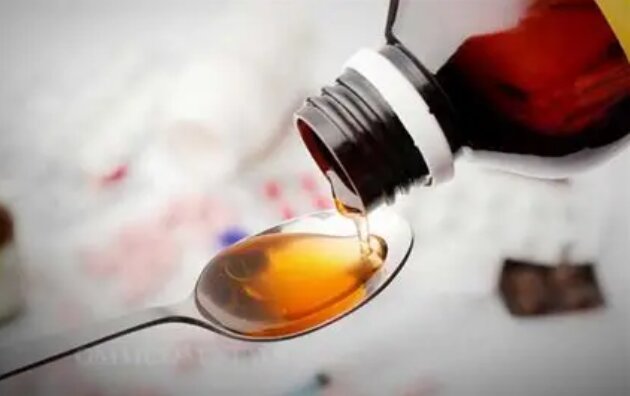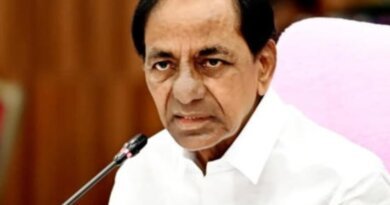Toxic Cough Syrup Claims 16 Lives in MP

A tragic wave of child deaths in Madhya Pradesh has triggered national outrage and urgent regulatory action. Sixteen children from Chhindwara district have died due to kidney failure after consuming a contaminated cough syrup named Coldrif, manufactured by Sresun Pharmaceuticals in Tamil Nadu.
The deaths began surfacing in late August and escalated through September. Most victims were under five years old and had been prescribed the syrup for common cold and fever. Within days, symptoms worsened—vomiting, reduced urination, and kidney failure followed. Several children died while undergoing treatment in Nagpur hospitals.
Laboratory tests revealed that Coldrif contained 48.6% diethylene glycol, a toxic chemical known to cause kidney damage and death. The same batch has now been linked to fatalities in Rajasthan as well, prompting multiple states to ban the syrup.
The Madhya Pradesh government has suspended two drug inspectors, transferred a drug controller, and launched a Special Investigation Team (SIT). Chief Minister Mohan Yadav held a high-level meeting and assured strict action against all responsible parties.
Dr Praveen Soni, who prescribed the syrup to several victims, has been arrested. An FIR has been filed under multiple sections of the Drugs and Cosmetics Act and Bharatiya Nyaya Sanhita. The case has exposed serious lapses in drug testing and distribution protocols.
The Centre has directed all states to ensure rational use of pediatric medicines and tighten quality checks. Health Secretaries and Drug Controllers across India are now under pressure to review existing stocks and prevent further tragedies.
Parents of the victims are devastated. Many had trusted local doctors and pharmacies, unaware of the risks. “We gave him the syrup as prescribed. He stopped urinating and died within days,” said Mohammed Amin Khan, father of five-year-old Adnan.
The tragedy has reignited debates around pharmaceutical regulation, especially in rural areas where access to safe medicines is limited. Experts are calling for stricter enforcement, better training for local practitioners, and transparent drug testing.
The banned syrups now include Coldrif, Relife, and Respifresh TR—all found to contain diethylene glycol. Stocks have been sealed, and distribution halted across Madhya Pradesh.
This incident echoes past pharmaceutical disasters in India, highlighting the need for systemic reform. From manufacturing to prescription, every link in the chain must be accountable.
The Union Health Ministry is expected to announce new guidelines soon. Meanwhile, grieving families await justice and answers.
For citizens, this tragedy is a reminder to verify medicines, consult certified doctors, and demand transparency in healthcare. For regulators, it’s a wake-up call to prioritize safety over speed.
As investigations deepen, the nation watches closely. The lives lost cannot be returned, but their stories may yet lead to change.




Very balanced view. I appreciate that you didn’t lean too heavily in one direction.